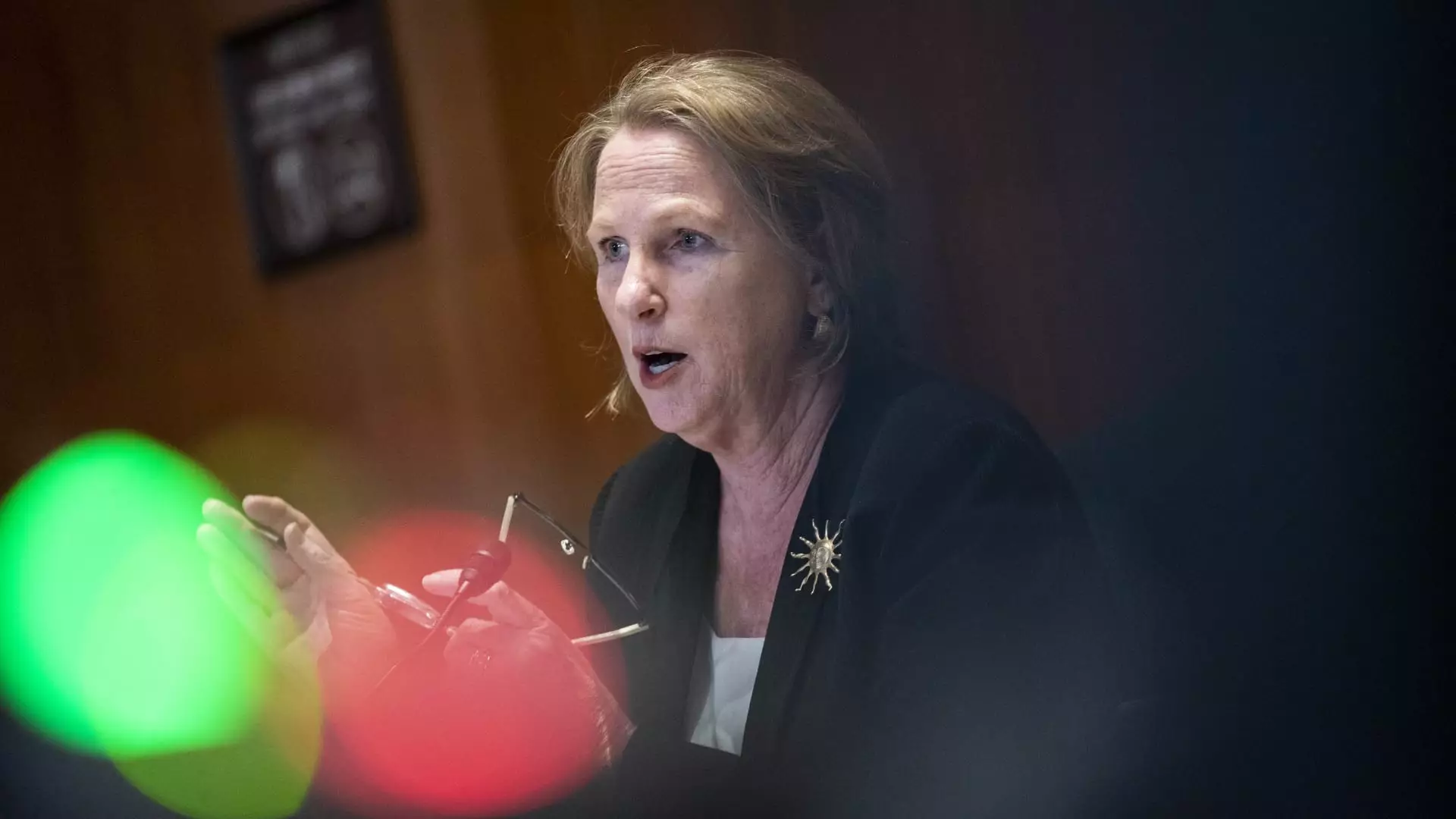As the landscape of governmental fiscal policy continues to evolve, the Internal Revenue Service (IRS) finds itself at a critical juncture, facing significant scrutiny from a Republican-led Congress. Central to this discussion is the National Taxpayer Advocate’s recent annual report, which voiced strong concerns over what it referred to as the “extreme imbalance in funding priorities.” The breakdown of allocations from the Inflation Reduction Act starkly illustrates this imbalance, highlighting the need for a more equitable distribution of resources aimed at taxpayer services and technological advancements.
Erin Collins, the National Taxpayer Advocate, has pointed out that while a whopping 58% of the over $78 billion earmarked by the Inflation Reduction Act has been dedicated to enforcement, only a meager 4% is set aside for taxpayer services. This confinement of resources not only raises questions about the fairness of revenue collection but also jeopardizes the taxpayer experience at a time when modernization and accessibility are sorely needed.
Historically, a well-supported taxpayer service framework enhances compliance and minimizes the dependence on strenuous enforcement tactics. Collins argues that with adequate funding, the IRS could create a more efficient and fair experience for taxpayers. This, in turn, would likely lead to improved compliance rates and, consequently, an increase in the reliability of tax revenues derived from voluntary self-assessments—currently comprising 98% of federal tax revenues.
This raises the question: why is the focus skewed towards enforcement? The political climate surrounding tax revenue and the accompanying decisions must also reflect support for services that ensure taxpayers can effectively navigate their fiscal responsibilities, especially given the complexities introduced by shifting policies.
The fiscal year 2024 has witnessed the IRS collecting $98.7 billion through enforcement activities—a figure that is hardly substantial compared to the overall revenues obtained through self-assessment. As the IRS grapples with the financial implications of pandemic recovery, further cuts proposed by Congress threaten to deepen existing challenges. The reported rescission of $20 billion in IRS funding as part of the 2023 budget deal illustrates a trend that could have lasting consequences on how effectively the IRS operates moving forward.
Collins aptly warned that if Congress decides to reduce enforcement funding, it should not be at the expense of taxpayer services and technology. Cutting these critical areas could lead to a scenario where efforts to streamline operations and enhance taxpayer experiences are severely hindered, posing risks that harm both the public’s trust in the IRS and its income-generating abilities.
In an age where technology plays an increasingly pivotal role in customer service, it is incumbent upon lawmakers to reassess funding priorities in a manner that ensures a balanced approach. Investing in taxpayer services is not merely a matter of financial allocation; it is about recognizing the importance of creating an efficient and fair educational framework that benefits both the taxpayer and the government.
As discussions in Congress unfold, a collective effort is needed to safeguard adequate funding for taxpayer services and tech modernization. This will not only ensure public trust but also assist the IRS in maximizing revenue collection capabilities while curbing the necessity of invasive enforcement measures. To strike a sustainable balance, a reevaluation of funding strategies is imperative.

